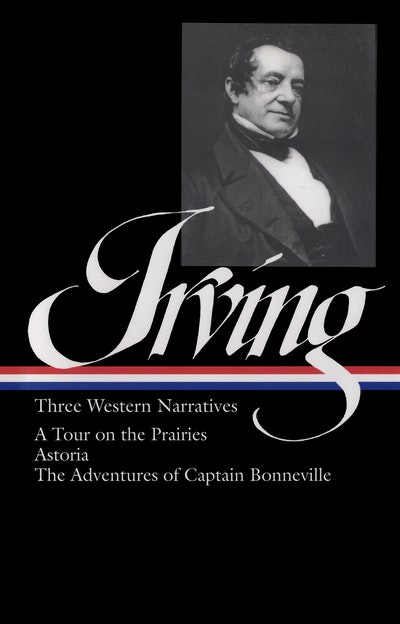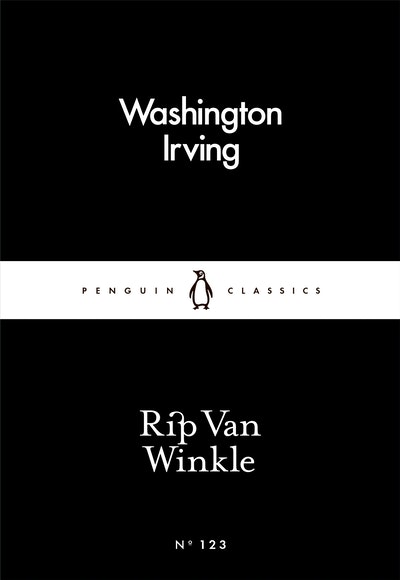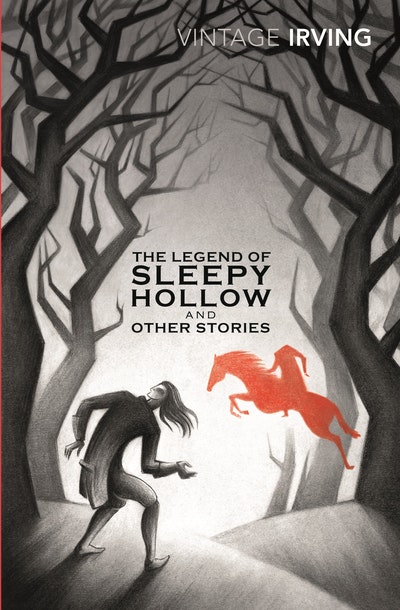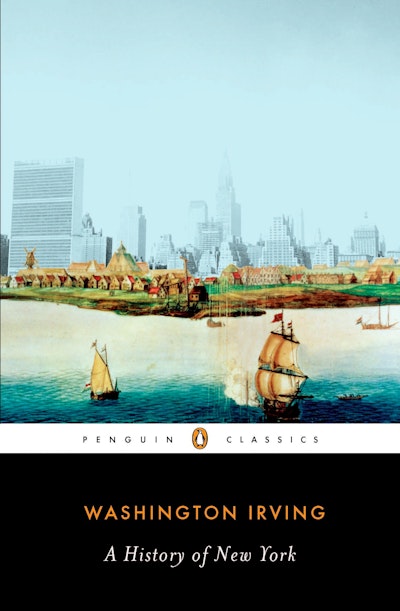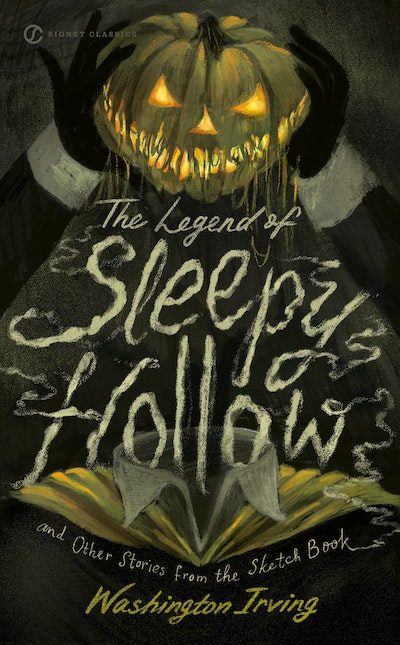America’s first internationally acclaimed author, Washington Irving established his fame with tales of the Hudson Valley in the days of Dutch rule, and then spent seventeen years in Europe mining the Old World for stories. When he finally returned to the United States, he embarked on a trilogy of books on the American West that would prove decisive in molding his compatriots’ conception of the Great Plains, the Rocky Mountains, and the Pacific Northwest. The Library of America presents this Western trilogy in its third volume of Irving’s work.
Irving’s own encounter with the West came in 1832 when he accompanied the Commissioner of Indian Affairs on a month-long journey to what is now eastern Oklahoma. His account of that trip, A Tour on the Prairies (1835), described wild landscape, rugged inhabitants, and dramatic chases and hunts with an eye for romantic sublimity and a keen appreciation of the frontiersman’s “secret of personal freedom.”
After the success of his first western book, Irving undertook to write the history of John Jacob Astor’s ultimately failed attempt to establish a fur-trading empire in the Northwest. In Astoria (1836), he created a sweeping epic of exploration, commercial enterprise, and “contest for dominion on the shores of the Pacific,” drawing on Astor’s rich archive of materials and enlivening it with his flair for vigorous storytelling.
In The Adventures of Captain Bonneville (1837), Irving focused on a single memorable figure—an army officer and fur trader who may also have been an American spy tracking British ambitions in the far country—to reveal the flavor of frontier life in the Rockies and beyond.
LIBRARY OF AMERICA is an independent nonprofit cultural organization founded in 1979 to preserve our nation’s literary heritage by publishing, and keeping permanently in print, America’s best and most significant writing. The Library of America series includes more than 300 volumes to date, authoritative editions that average 1,000 pages in length, feature cloth covers, sewn bindings, and ribbon markers, and are printed on premium acid-free paper that will last for centuries.
